“Women should be in the kitchen.”
It’s not a phrase you would expect to hear in a school playground in 2024.
But according to Emma Paterson, 17, she’s heard that and worse. Much worse.
“I’ve heard a lot of catcalling and sexual comments being made to me,” she says.
According to experts, hateful ideologies and misogynistic tropes trotted out on social media by incels and influencers like Andrew Tate go from screens into schools.
Incels are an online community of ‘involuntary celibate’ men, or boys, who express hatred for women.
Algorithms on apps such as TikTok can amplify extreme content and normalise harmful ideologies for some young people, experts say.
A recent experiment by academics on the video streaming platform found a fourfold increase over just five days in misogynistic content presented to accounts with teenage boy profiles.
Although this study has been challenged by TikTok, Balwearie High School pupil Emma says she sees the impact of online viewing first hand.
But she and her peers are fighting back against misogyny in schools.
The Kirkcaldy school is among more than 190 schools in Scotland, including all Fife secondary schools, using the Mentors in Violence Prevention programme.
The latest resource produced for the Education Scotland initiative specifically challenges online misogyny.
Mentors in Violence Prevention
At Balwearie, around 30 S6 pupils are trained each year to be mentors. They then deliver lessons on topics such as gender-based violence, bullying and abuse to other pupils.
They also have a room for weekly lunchtime drop-ins for anyone who wants advice or help in confidence.
Emma says: “If someone needs to come and talk to us about an issue that’s a space where they don’t have to worry about feeling overwhelmed asking questions in a classroom.”
Fellow mentor Aaron McCrossen, 18, says: “We also have lanyards so we are visible around the school and a lot of the kids already know us as MVPs for anyone that wants to come and speak to us.”
Both Emma and Aaron say they see more misogyny in school now than they did a few years ago.
Emma says: “It’s coming from social media.
“There is a big thing now and last year as well about rizzing a girl. It’s about how to get a girl and this is how you have to act. It comes from toxic masculinity in a new form online.”
Rizz – short for charisma – is a slang term for being talented at flirting or seduction and it has gained ground among males on TikTok.
Lockdown effect
Emma reckons lockdown is when the problem escalated.
“People started to rely on the internet and social media more.
“Misogyny has always been there but that’s when it started to grow arms and legs and target people in a different way.”
And target it does, aided by algorithms on social media platforms. Although those such as TikTok say they don’t tolerate hateful material and have safety mechanisms in place.
“If you watch something, even if you are watching it and saying ‘I can’t believe this man is saying this stuff’, you are engaging with it and it will keep feeding you it,” says Emma.
Often younger boys will parrot misogynistic comments without understanding them.
Or they see it as a joke.
So getting the message across early is key to the MVP mentors’ work to challenge misogyny in schools.
Andrew Tate’s impact on misogyny in schools
Emma says: “I’ve noticed being an MVP you would talk about a situation or someone has said something controversial, very sexist and they would say they didn’t really mean it.
“That’s a big thing we’re having to break down. No matter what your intention is it means the same.”
A scenario the MVP mentors use to demonstrate misogyny on social media involves a young boy whose confidence grows as he follows a male online influencer.
But then his friends notice him repeat the influencer’s sexist views and become aggressive.
That might sound familiar to anyone aware of Tate’s teachings.
The self-confessed misogynist, who faces criminal charges in Romania, is banned from numerous social media platforms including TikTok but has more than 9 million followers on X/Twitter.
Aaron said that Tate can seem appealing at first, as he talks of how he became rich and successful and encourages a healthy lifestyle.
But he says: “Then you look into the other stuff he says. It’s like a gateway, you get his confidence and the money, then the stuff that corrupts.”
Personal connection to online influencers
And the personal connection his fans feel through watching his videos makes them quick to defend him from criticism.
Emma says: “Andrew Tate has made such a big impact. There were times I would reference him, I wouldn’t say his name, just reference his podcast and all these students would come at me.
“He tactically manipulated all these young kids.”
Religious and moral education teacher Clare Williams, who leads the MVP programme at Balwearie, believes Tate’s influence has waned.
But she says: “I think it’s dangerous to focus on him because it takes away the emphasis from all the other stuff going on.
“It’s easy to point to him as if there are only one or two people, when in fact it’s much more insidious, much, much bigger than him.”
She says it is difficult for women to challenge such messages. So it is vital there are males like Aaron and fellow mentor Emile Hastie, 17, on Balwearie’s MVP team.
Clare says: “It’s really important when we are dealing with the incels and misogyny that it actually comes from the men rather than women because they do not listen.
“All those incels and online male celebs have all said how I’m going to respond and what I’m going to say so I’m reinforcing what they’ve been told.
“From an MVP perspective we have to have lots of young men [involved].”
‘Like Big Tobacco years ago’
MVP’s misogyny resource was developed in collaboration with Dr Kaitlyn Regehr, of University College London, the researcher behind the TikTok experiment.
She says: “As young people micro dose on topics like self-harm or extremism, to them, it feels like entertainment. Harmful views and tropes are now becoming normalised among young people.
“Online consumption is impacting young people’s offline behaviours, as we see these ideologies moving off screens and into school yards.
“I really think this is like Big Tobacco decades ago. At some point there will be enough persuasive research that the public will demand that policymakers start prioritising young people’s well-being over profit. But unfortunately, we’re just not quite there yet.”
How is TikTok dealing with hateful content?
A TikTok spokesperson said: “Misogyny has long been prohibited on TikTok and we proactively detect 93% of content we remove for breaking our rules on hate.
“The methodology used in this report does not reflect how real people experience TikTok and we work to ensure our community can enjoy a wide range of content and has the tools to create the right TikTok experience for them.”
The platform claimed the research sample size was extremely limited and that is has a number of features to help users shape what they see on the For You feed, including allowing them to indicate videos they don’t want to see.
It also has resources for parents to help ensure their children use TikTok safely.
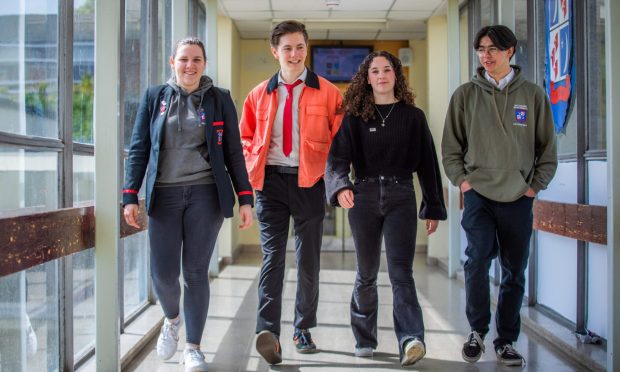
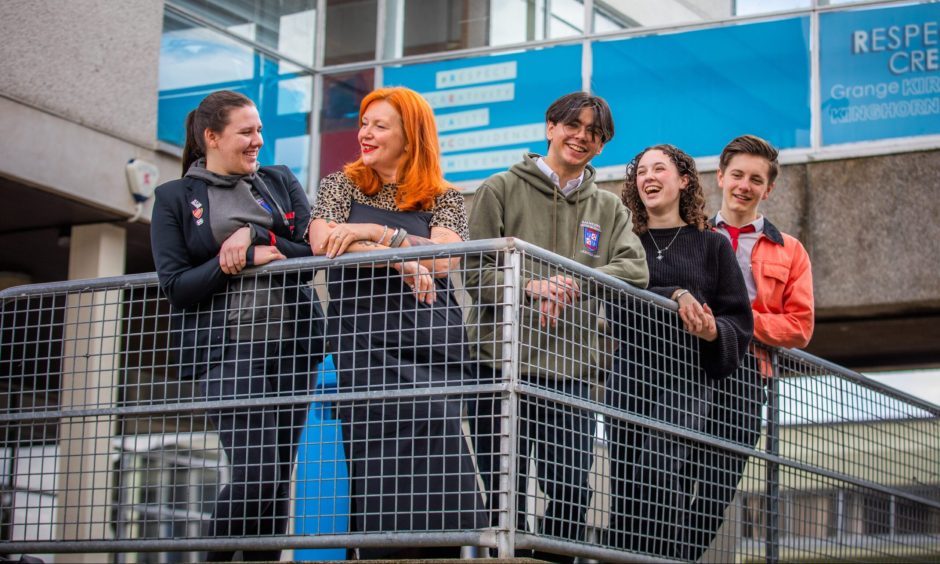
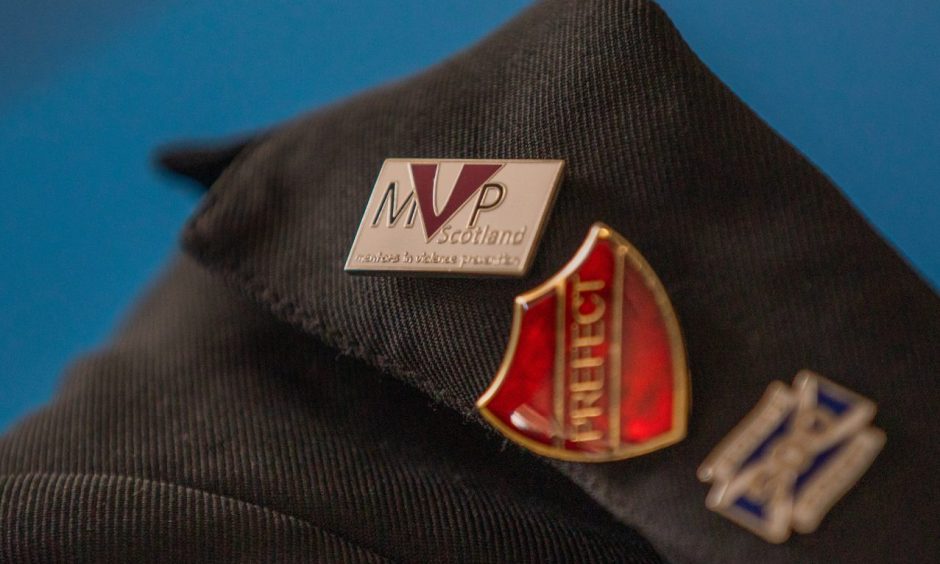
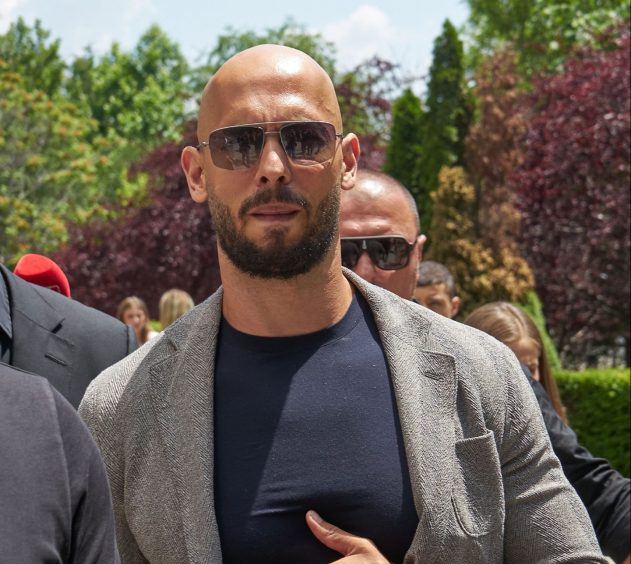
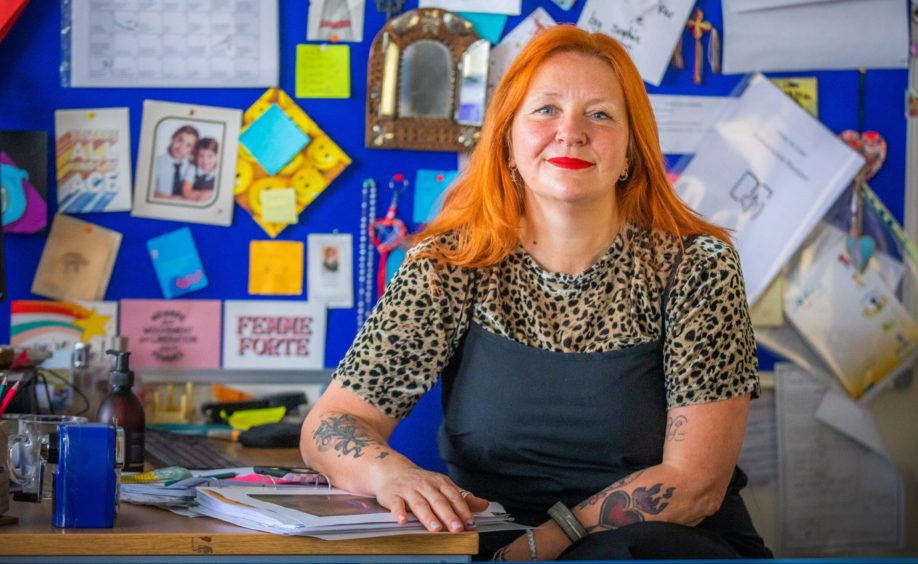
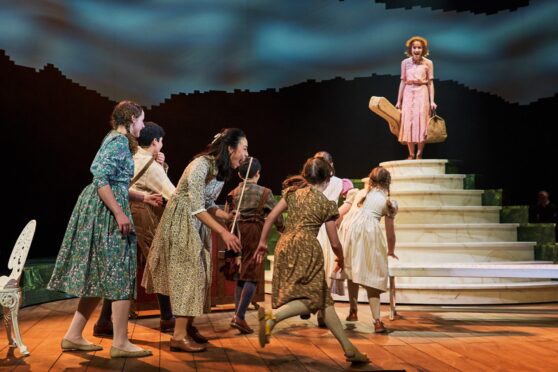


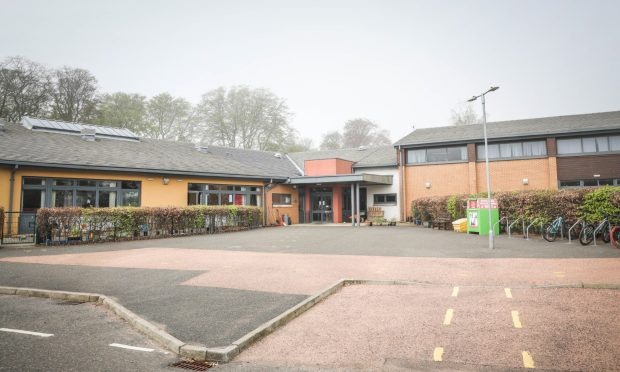





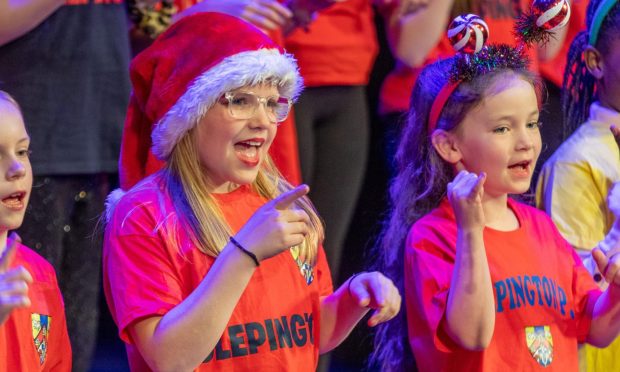
Conversation